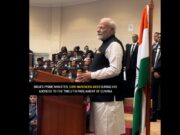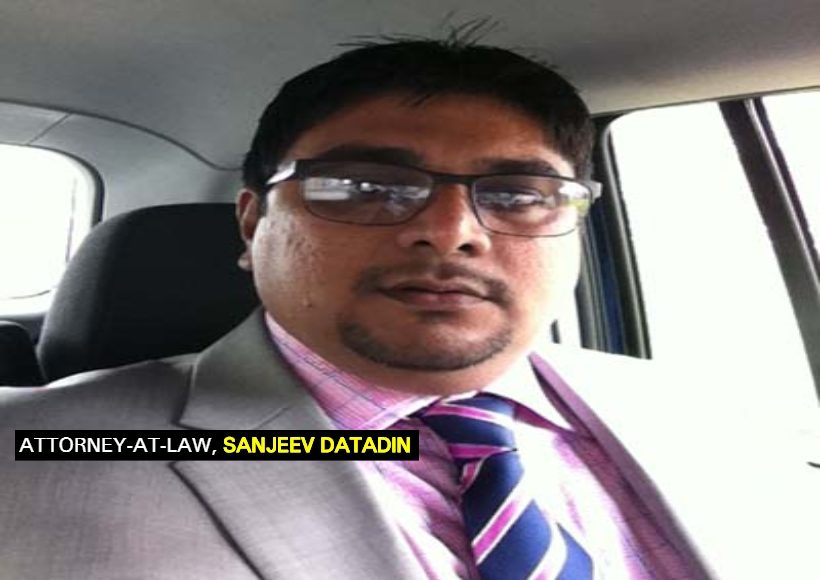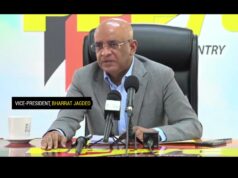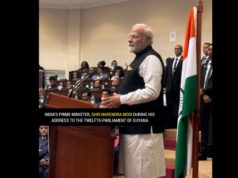Depending on the judge a criminal appears before for a capital offence, he or she could be sentenced to 12 years in prison and, in some extraordinary cases, even 100 years.
Take Justice Navindra Singh, for example. The judicial officer is known for handing down lengthy sentences and is said to typically use a 60-year guideline for sentencing.
Last year December, Justice Singh ruled that Christopher Singh and Davindra Bushram should serve 66 and 50 years respectively for murdering a cricket fan in 2010. For Christopher Singh, the judge added 10 years to his mathematical formula for premeditation which gave a total of 70 years. The judge then subtracted four years for the time Christopher Singh would have spent in custody, which brought the sentence to 66 years. For Christopher Singh’s accomplice, the judge also deducted four years for the time he spent in pre-trial custody and another six years considering the fact that he was not the one who inflicted the wound, bringing his total sentence to 50 years.
While Justice Singh’s strategy for sentencing using his own mathematical formula is not supported by the nation’s laws, attorney-at-law Sanjeev Datadin said that, at least, he is consistent with his guideline.
However, the same cannot be said when the sentencing for criminal offences by other judges are considered individually and overall. Datadin said there are disparities since sentencing is left to the sole discretion of the judicial officer.
Datadin strongly contended that this breeds a monumental problem since a citizen’s right to equality is being violated.
The lawyer said, “The inequality of sentencing is in fact a constitutional violation. We desperately need guidelines. The variations [in the judges’ decisions] are obvious…Why should your sentence depend on the judge you appear before? Justice Singh has the solitary advantage in that he is consistent. He applies one rule even though it is inconsistent with our laws.”
Datadin said that the absence of equality under the law is actually a failure of the judicial system. He was also critical of the fact that a Sentencing Council, which was promised since 2017 to address such issues, is yet to be constituted.
Calls to Attorney General and Minister of Legal Affairs Basil Williams to explain why the council is yet to be in place proved futile.













